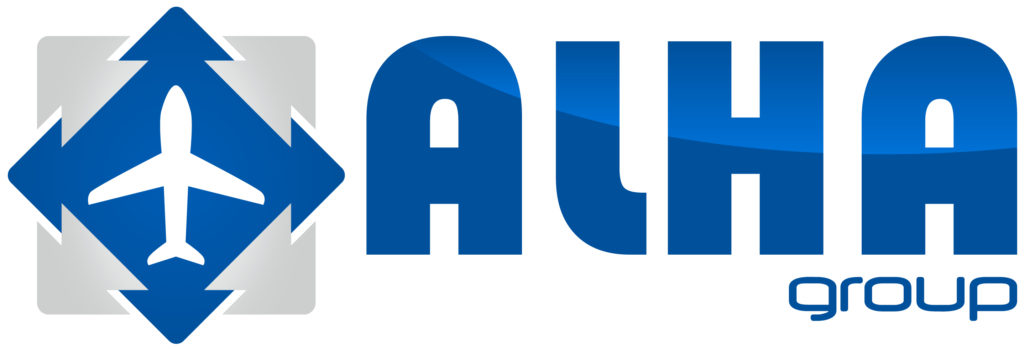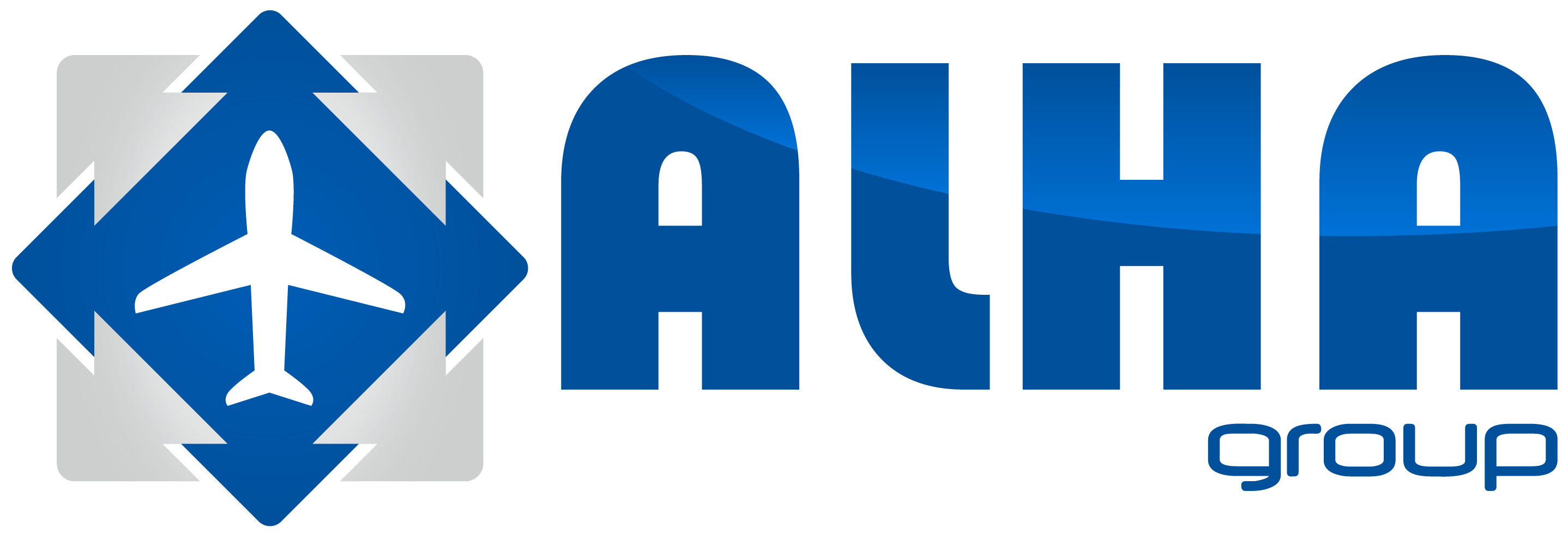
ALHA Group, the Italian leader in air cargo services, has received from Andrea Gruber, IATA Special Cargo Manager, the IATA CEIV Fresh certification, the most important international certificate for all transport processes of the perishable products, for its Milan Malpensa and Rome Fiumicino centres.
The ceremony took place during the Fresh Forum Milan Malpensa, an Italian workshop organized by ALHA and entirely dedicated to the perishable goods, with the attendance of institutional representatives and authorities, major airlines and freight forwarders as well as a selection of the most qualified representatives of the air cargo industry.
“With this certificate, ALHA’s path to reach the best service standards continues” said Lorenzo Schettini, CEO of ALHA Group –
“Air transport of perishable goods is experiencing continuous and progressive growth, a development that we see as an opportunity and we have invested heavily over the years through continuous updating and renewal of our Malpensa and Fiumicino facilities, with a particular focus on temperature control and maximum reduction in management times, particularly important aspects, both be it perishable goods or pharmaceutical products”.
The IATA CEIVs (Centre of Excellence for Independent Validators) are standardized global certification programs that support excellence in the transportation and handling of special cargo products worldwide. CEIV Fresh, whose introduction is very recent, follows CEIV Pharma for the transport of pharmaceutical products, a certification that Alha Group already holds throughout its network in Italy.
ALHA Fresh Centres in Milan Malpensa and Rome Fiumicino, respectively of 4.000 and almost 1.000 square meters, have recently been subject of further investments that have led to the renovation and adaptation of the operating areas, introducing significant technological innovations for each one, but in particular in the area of temperature mapping and analysis of operational performance.
During 2018, the Alha group managed around 30,000 tons of perishable products and 7,500 tons of pharmaceutical products, up 12% compared to the previous year.






